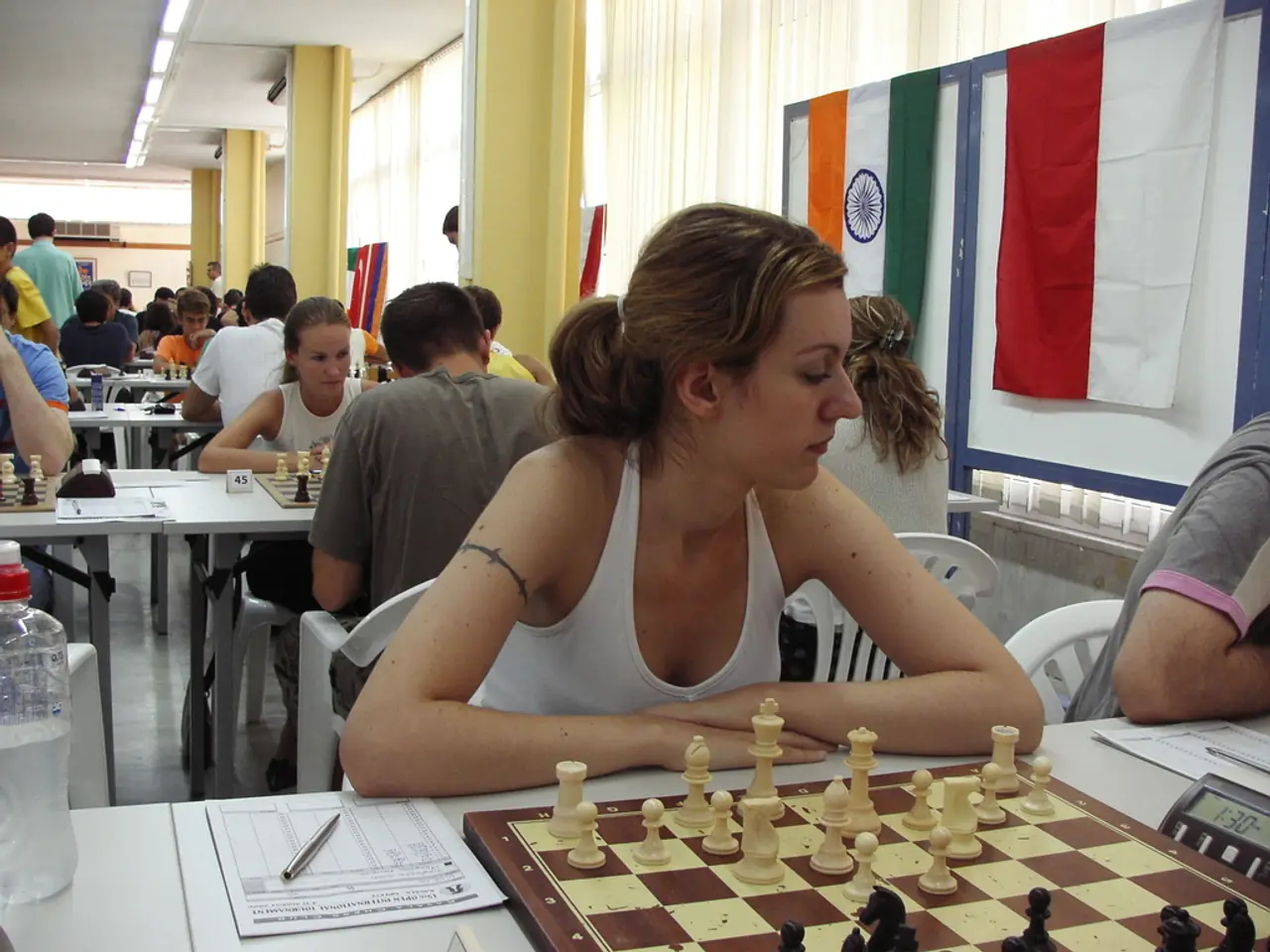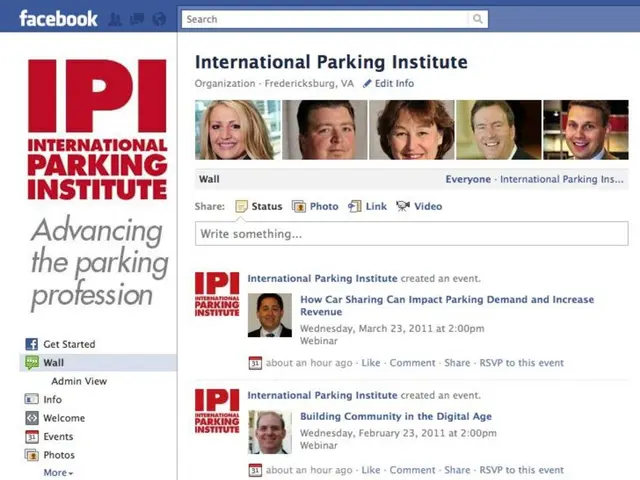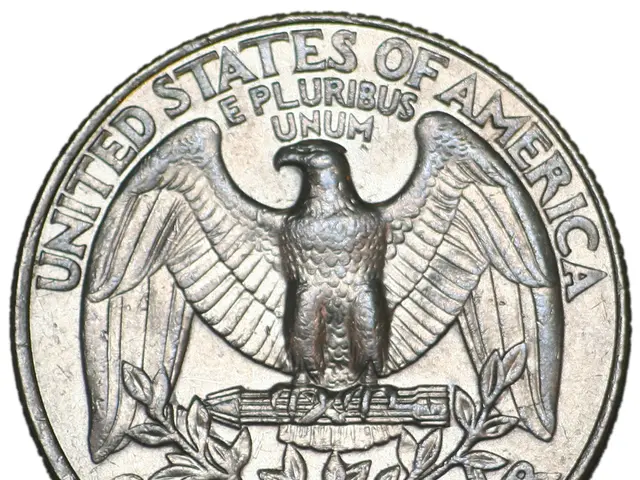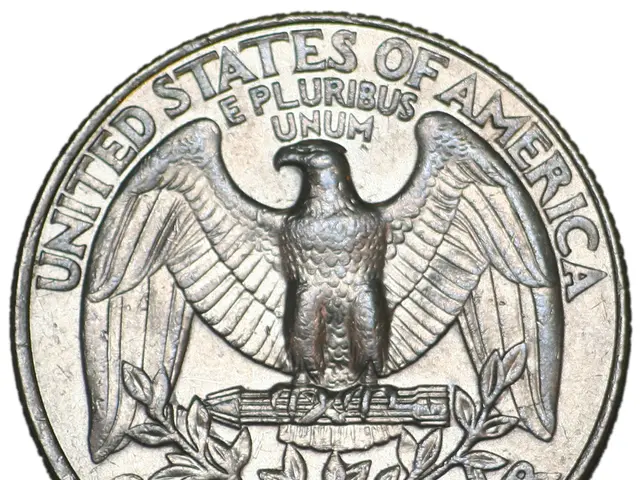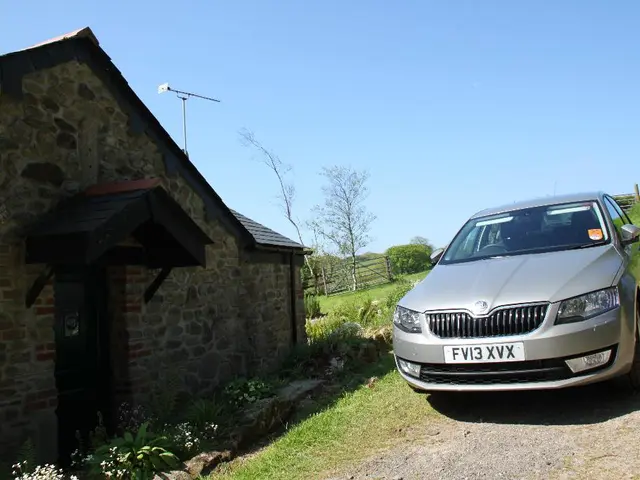G7 Agrees to Use Russian Assets for Ukraine Recovery, but EU Loan Stalls
G7 finance ministers have agreed to utilise the full value of immobilised Russian assets to aid Ukraine's recovery and ensure peace. However, the proposal for a €140 billion loan has faced resistance from some EU members, including Belgium, France, and Luxembourg, due to legal concerns. Meanwhile, European leaders are set to discuss these issues and more at the European Political Community summit in Copenhagen today.
Belgian Prime Minister Bart De Wever, representing Belgian interests in the discussions, demanded that the EU 'mutualise' the risk of hosting Euroclear and provide more legal protection. Despite these demands, Belgium refused to lift its opposition to the proposal. France and Luxembourg also expressed concerns over the legal implications, leading to a stalemate in the proposed loan.
Separately, a group of EU member states led by the Netherlands warned of companies exploiting the EU's freedom of movement to circumvent workers' rights. They urged the European Commission to propose new legislation clarifying the rights of non-EU nationals posted across the EU.
In economic news, Eurozone inflation rose to 2.2 per cent in September, surpassing the European Central Bank's 2 per cent target for the first time since April. Today, German defence minister Boris Pistorius hosts his Swiss counterpart Martin Pfister in Berlin for discussions on defence cooperation.
The proposed €140 billion loan to Ukraine based on immobilised Russian assets remains uncertain due to legal concerns raised by several EU members. As European leaders gather in Copenhagen, these issues, along with workers' rights and defence cooperation, are set to be discussed. Meanwhile, the rise in Eurozone inflation will also be a key topic of conversation.
